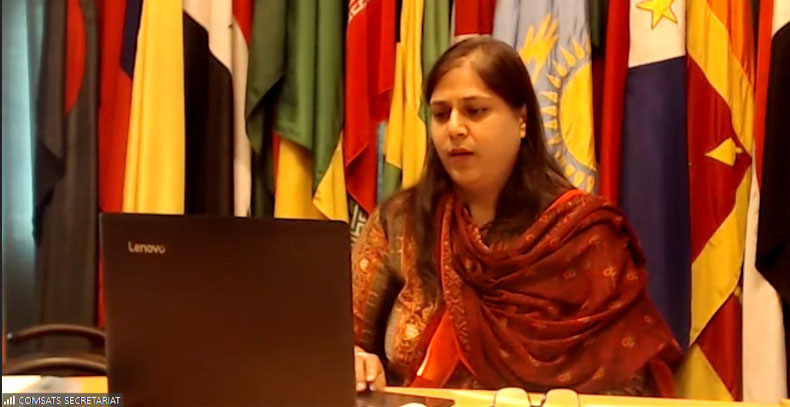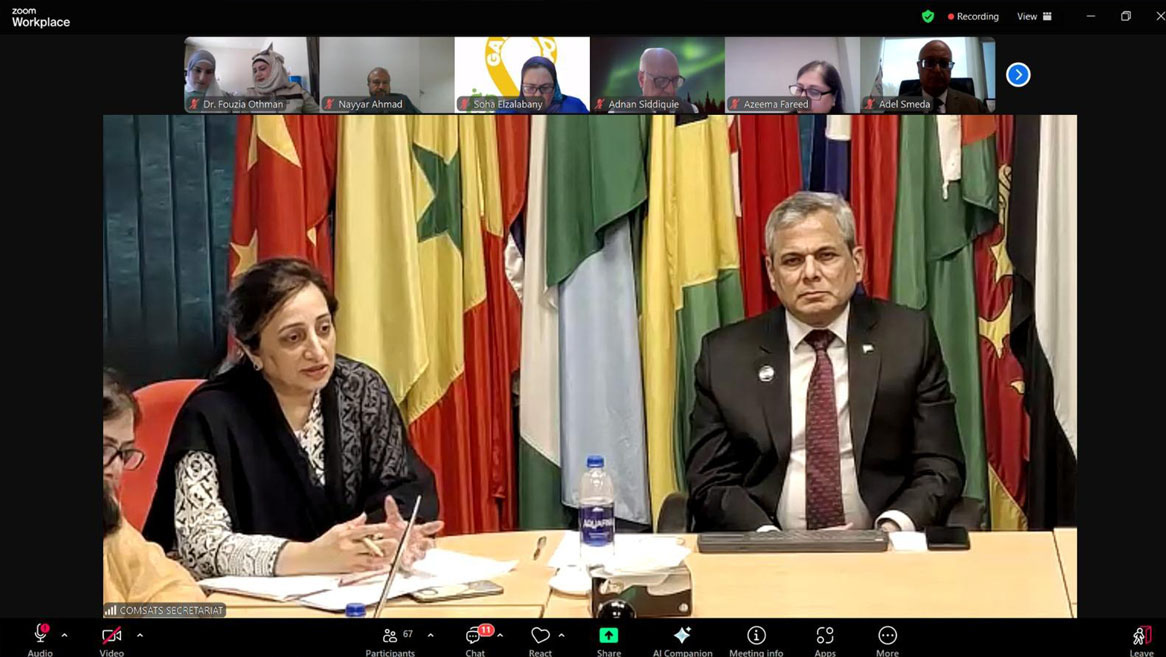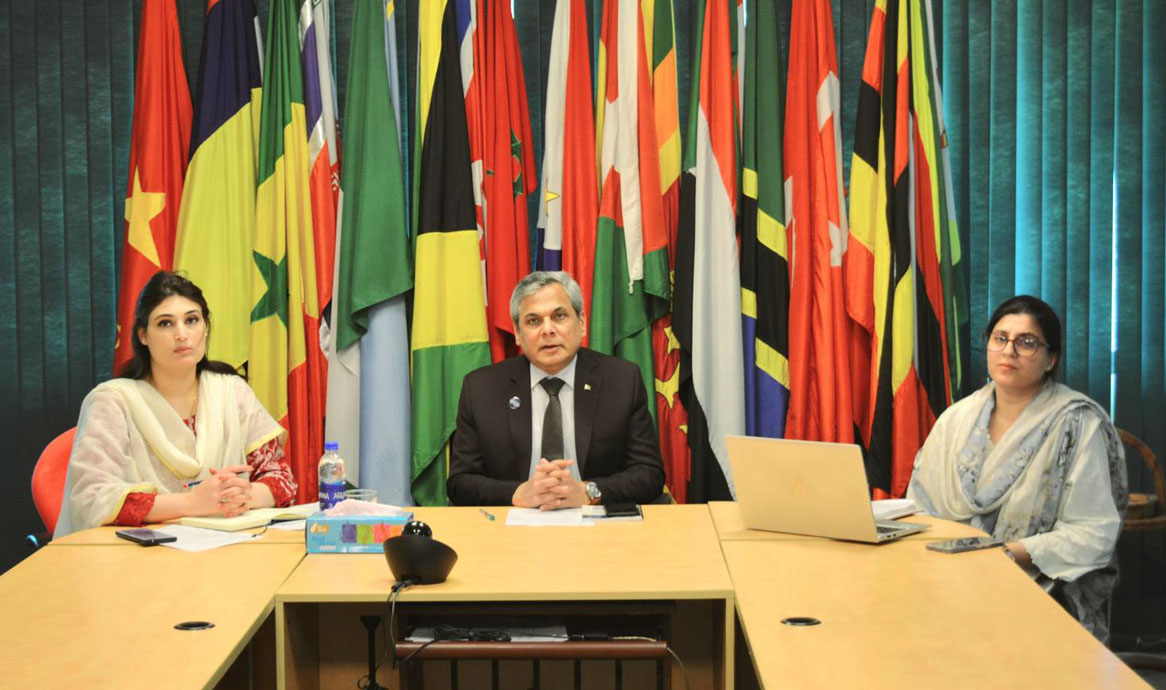COMSATS Telehealth (CTH) and COMSATS Centre for Climate and Sustainability (CCCS) hold a webinar on climate change – health systems nexus in connection with World Health Day with the theme “Our planet, our health”
Observing World Health Day (April 7th), the Telehealth Desk of COMSATS in collaboration with COMSATS Centre for Climate and Sustainability (CCCS) organized a webinar titled ‘Building Climate Resilient Health Systems in the Global South’ on 6th April 2022. The event was joined by the notable speakers from World Health Organization Regional Office for the Eastern Mediterranean (WHO/EMRO), Egypt; Theodor Bilharz Research Institute (TBRI), Egypt; InterAcademy Partnership (IAP), Italy; St. Luke’s Medical Center College of Medicine, Philippines; Somali Greenpeace Association (SOGPA), Somalia; Globesight, UAE; and Indiana University–Purdue University Indianapolis (IUPUI), USA. It had a virtual gathering of more than 40 from COMSATS Focal Points and Centres of Excellence, as well as ministries of climate and health, and other relevant stakeholders.
Opening the event, Dr. Azeema Fareed, Principal Medical Officer at COMSATS Telehealth Programme, shed light on the importance of building sustainable health systems that can cushion the negative impacts of climate change related events including those related to health and health systems.
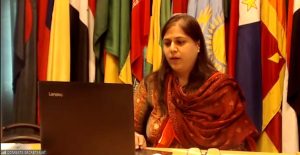

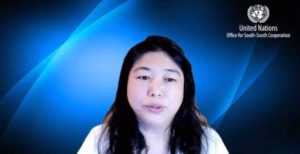
In his introductory remarks, Ambassador (Rtd.) Mr. Shahid Kamal, shared some key statistics relating to health impacts of climate change. He noted that today’s world is facing two main challenges: first is the pandemic, which has revealed the weaknesses of our societies and tested the resilience of our health systems, and the second is the climate change, which is burdening the health systems beyond their capacity. He was of the view that limited interventions are in place against climate crisis particularly against its impact on human health, resulting in delay in progress towards all 17 seventeen goals that are interconnected nature.
In her video message, Ms. Xiaojun Grace Wang, Deputy Director of United Nations Office for South-South Cooperation (UNOSSC), USA, highlighted the strong connection between climate and health, and underscored that changing climate is damaging the socio-environmental determinants of health, i.e., food, water and shelter and is becoming a biggest health threat by causing 30 million deaths per year. Ms. Wang also shared some efforts being made by UN agencies for combating climate threats and creating sustainable health systems in different regions of the world.
The inaugural was followed by technical session with talks and presentations given by experts on various aspects related to the theme of the event.
In his presentation, Dr. Renzo R. Guinto, Director of Planetary and Global Health Programme, St. Luke’s Medical Center College of Medicine, Philippines/ Co-Founder and Chief Planetary Health Scientist at Sunway Centre for Planetary Health, Malaysia, stated that although climate crisis is contributing to health inequalities, building of responsive health systems should take into account the environmental toll and ensure that such systems are not contributing to climate crisis through carbon emissions. Dr. Guinto also emphasized that planetary and human health requires due and equal consideration as climatic events are damaging both.
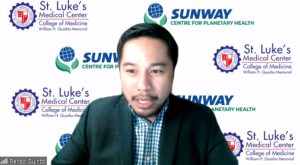
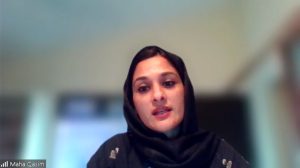
Ms. Maha Qasim, Environment and Sustainability Consultant and Country Advisor (Pakistan) at Globesight, stated that climate change is multiplying the already existing threats of inequalities, food security and clean water, particularly for the developing countries like Pakistan. She also shared Government of Pakistan’s action plans against climate change related health problems that included Sehat Sahulat Program, Ehsaas Program and Clean Green Pakistan.
Speaking on the occasion, Prof. Gabriel Filippelli, Chancellor’s Professor at IUPUI, USA, delineated on the rising trends of atmospheric carbon dioxide and global temperatures. He was of the view that fixing of climatic problems requires concrete action steps rather than mere dialogues and debates. He stated that numerous resources are required for action plans, however, effective partnerships across sectors and communities could greatly help in mitigating the problem. Prof. Filippelli also shared the programmes of Environmental Resilience Institute of Indiana University to support their local government in dealing with climate change and greenhouse emissions.
Mr. Hassan Mowlid Yasin, Executive Director of SOGPA, Somalia, stated that each century has brought with it different public health challenges, and the challenge of this century is “climate change”. Sharing some key statistics from UN CC:Learn report, Mr. Yasin discussed how climate change affects humans and increases their vulnerability, and elaborated associated health risks.
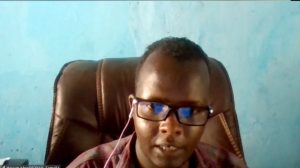


Discussing fresh water ecosystems, Prof. Dr. Nahed Mohamed Ismail from TBRI, Egypt, highlighted that climate change is also affecting the biodiversity, soil and fresh water reservoirs, and is thus contributing to many waterborne infections and diseases, particularly in African countries. Dr. Ismail opined that challenge of climate change can be better dealt through effective planning and management.
Speaker from IAP, Italy, Mr. Robin Fears, shared the impacts of climate change on agriculture and food security. He deemed science central to climate change mitigation and adaptation and recommended bridging the knowledge gaps through research, effective health risk communication and countering the spread of misinformation. Also, sharing an overview of IAP’s project on climate change and health, Mr. Fears stated that climate change and the pandemic both had exerted pressures on our stretched health systems.
The Regional Advisor to WHO/EMRO, Engr. Mazen Malkawi, mentioned that 12 out of 22 countries of EMRO region are in emergency in terms of climate crisis. He stated that anthropogenic activities are causing widespread destruction in nature that further adds the burden of environmental diseases to our health systems. He proposed that overcoming widening inequalities is essential and one of the key ways to mitigate climate threats to populations.
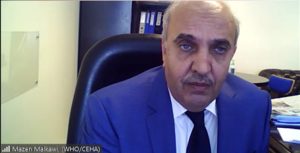

During the Q&A session, insightful discussions took place regarding mitigation measures to overcome the health disasters; coordination between climate agencies and health experts for the climate resilient health systems; initiatives taken by UN agencies to cope with climate disasters in health sector; research gaps in the countries of the South; and the challenges of health systems.
Closing the event, the moderator of the webinar, Prof. Dr. Wafaa Kandeel, Assistant to the President, National Research Center (NRC), Egypt, expressed gratitude towards speakers for their valued insights and deliberations.

